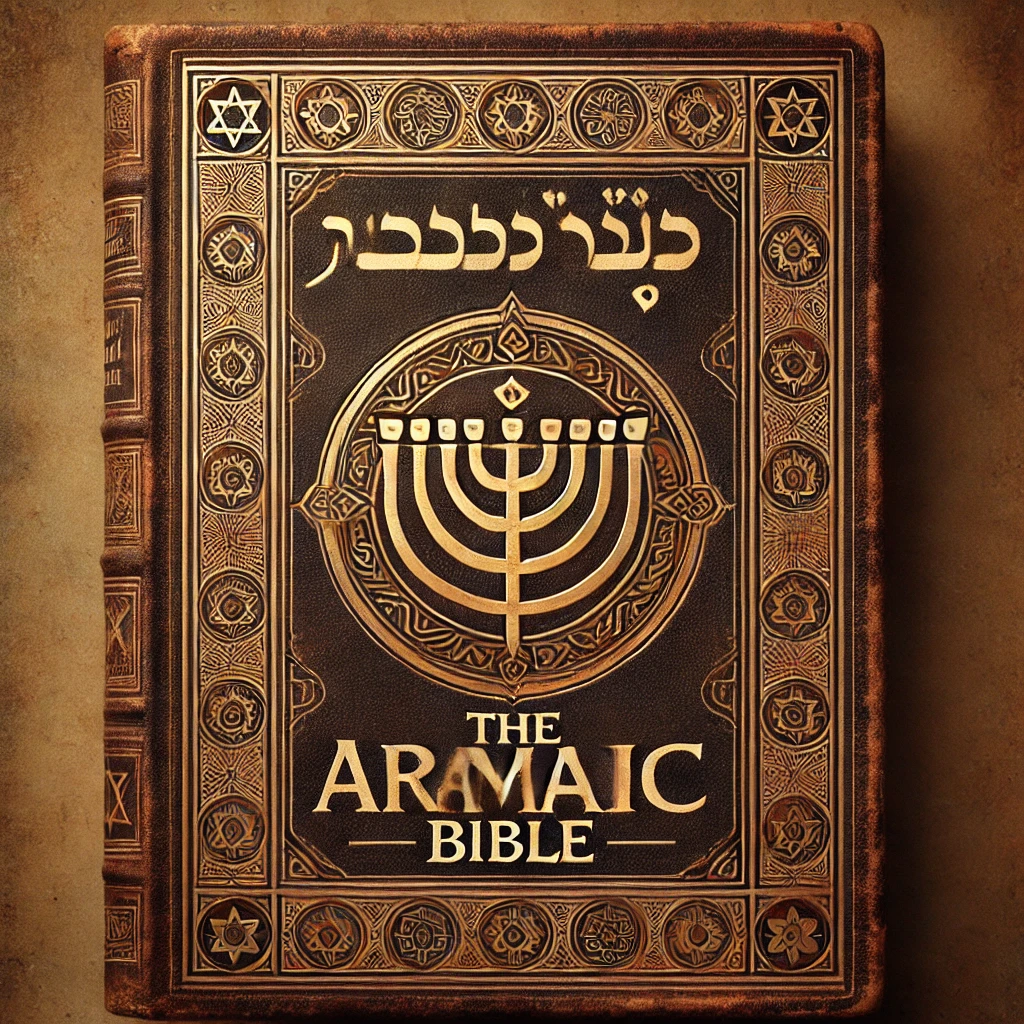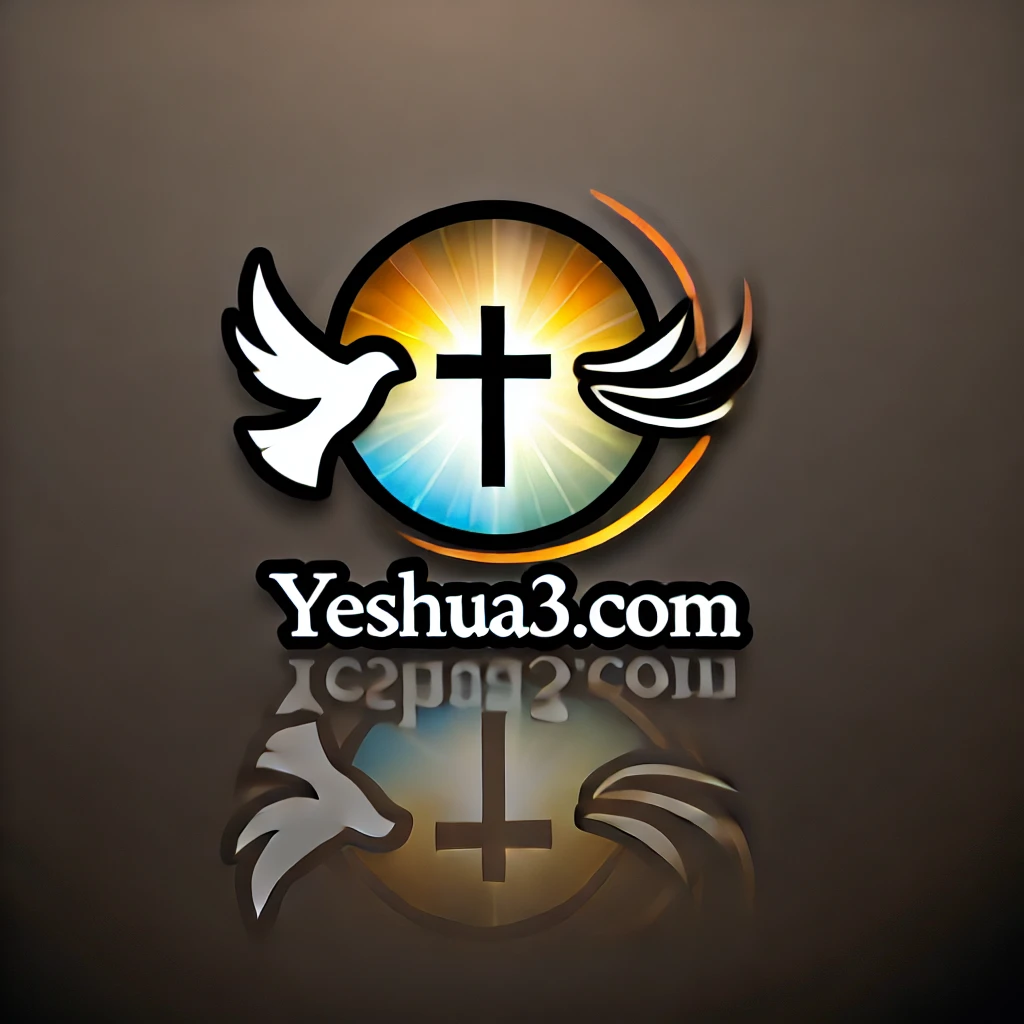
The term covenant (berit in Hebrew) is a central theological concept in both the Hebrew Roots Study Bible and the Tanakh, embodying the sacred agreements established by YHWH (God) with humanity. It represents divine promises intertwined with human responsibilities and serves as the foundation for the relationship between God and His people.
The Covenant in the Hebrew Roots Study Bible
The Hebrew Roots Study Bible emphasizes the covenant as a vital theme, revealing YHWH’s faithfulness and the responsibilities of His followers. This translation highlights that covenants are not merely legal agreements but spiritual bonds that bind humanity to God through obedience to His Torah and acknowledgment of Yahshua (Jesus) as Messiah.
Major Covenants:
- The Abrahamic Covenant (Genesis 15:18): This foundational covenant involves YHWH’s promise to Abraham of numerous descendants and the inheritance of the land of Canaan. The covenant was sealed by YHWH Himself, demonstrating His unwavering commitment.
- The Sinai Covenant (Exodus 19-24): At Mount Sinai, YHWH established a covenant with Israel, making them His “kingdom of priests” and setting forth the Torah as the terms of their relationship. The covenant was marked by mutual obligations: YHWH promised to be their God, and Israel was to obey His commandments.
- The New Covenant (Jeremiah 31:31-34): The Hebrew Roots Study Bible ties this prophetic covenant to Yahshua, portraying Him as its mediator. This covenant speaks of writing the Torah on hearts, symbolizing a transformation from external adherence to internalized devotion.
The Hebrew Roots Study Bible consistently underscores that the covenant demands faithfulness, aligning with YHWH’s instructions and His redemptive plan through Yahshua. It portrays covenant relationships as dynamic, requiring both divine grace and human commitment.
The Covenant in the Tanakh
In the Tanakh, the word covenant carries profound significance as the framework of divine-human interaction. This traditional Jewish text highlights covenants as the basis of Israel’s identity and mission, rooted in God’s unchanging promises and humanity’s accountability.
Key Covenants:
- The Noahic Covenant (Genesis 9:8-17): Following the flood, YHWH established a universal covenant with Noah and all creation, promising never again to destroy the earth by flood. The rainbow serves as the enduring sign of this covenant, symbolizing YHWH’s mercy and the universal scope of His care.
- The Abrahamic Covenant (Genesis 12, 15, 17): The covenant with Abraham is pivotal in the Tanakh, involving promises of land, descendants, and blessings for all nations. Circumcision becomes the sign of this covenant, marking the physical and spiritual commitment of Abraham’s lineage to YHWH.
- The Davidic Covenant (2 Samuel 7): YHWH’s covenant with David ensures that his lineage will produce an eternal dynasty. This promise fosters the hope for a future messianic king who will bring righteousness and peace to Israel.
Relational and Ethical Dimensions:
The Tanakh portrays covenants as relational, emphasizing YHWH’s loyalty and requiring Israel to uphold moral and ritual obligations. For instance, the Sinai Covenant is presented as a marriage-like bond where Israel’s obedience represents fidelity to YHWH.
Comparing the Hebrew Roots Study Bible and the Tanakh
Both texts place the covenant at the heart of their theology, but their perspectives differ slightly:
- The Hebrew Roots Study Bible incorporates a messianic understanding, viewing Yahshua as the fulfillment of the covenants, particularly the New Covenant. It stresses the importance of adhering to Torah as evidence of one’s commitment to the covenant.
- The Tanakh, rooted in traditional Jewish thought, emphasizes the ongoing relevance of the covenants without a specific messianic focus. It highlights YHWH’s faithfulness to His promises and Israel’s duty to live according to His commandments.
Conclusion
The concept of covenant in both the Hebrew Roots Study Bible and the Tanakh encapsulates the divine relationship with humanity, blending promises, responsibilities, and hope. The covenant is not static but a living bond, continually calling believers to a life of faithfulness, obedience, and trust in YHWH’s eternal plan. Whether through the Torah, the prophetic writings, or the messianic interpretation in the Hebrew Roots Study Bible, the covenant remains the key to understanding YHWH’s purposes and His profound connection with His people.al bridge in both texts, connecting the past, present, and future in God’s redemptive plan.

